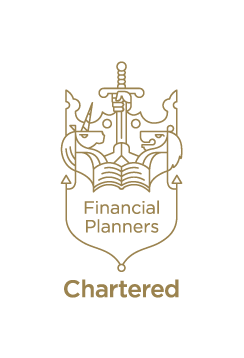Worryingly one of the things the COVID-19 pandemic has demonstrated is that anyone could find themselves in financial difficulties. But three out of ten (30%) working people in the UK could only manage for up to a month financially if they had to rely on their savings to cover their outgoings, research reveals[1].
Financial wellbeing
A quarter (26%) of workers said they had less than £500 in savings. The results also highlighted the issue affects younger people most severely, with 40% of 18 to 34-year-olds in work unable to manage more than a month if they found themselves without their salary.
The COVID-19 pandemic has intensified issues around financial wellbeing in the working population, as well as one-fifth (21%) admitting to saving nothing on a monthly basis, more than one in ten (15%) have increased the amount of debt they have over the previous 12 months, and a quarter (26%) have had to borrow from family or friends during the period.
Unexpected bills
Almost half of working Britons (49%) said they feel stressed about their financial situation. This doesn’t just cause problems with meeting unexpected bills or dealing with a loss of income due to sickness or unemployment.
Money worries can affect all aspects of peoples’ lives which is why it is important for people build a healthy savings pot and improve their financial wellbeing to protect themselves from any sudden and unexpected changes to their situation. There’s also clear evidence that low financial resilience can also have an impact on mental health.
Financial difficulties
If you have money set aside for emergencies, you’re far less likely to experience financial difficulties or have to borrow at a high interest rate if things go wrong or your circumstances change. Knowing you’ve got some money you can access is essential.
Typically you should aim to have enough money in your emergency fund to cover your expenses for at least between three to six months. Saving regularly is a good way to build up an emergency fund. You’ll find that if you get into the habit of saving each month your savings will soon mount up.
Illness or injury
If you are also worried an illness or injury could leave you without enough to pay bills, there are ways to protect your income. To protect you and your family comprehensively, you should consider insurance – especially if your employer does not have an occupational sick-pay scheme.
The four most common types of insurance that protect your income are income protection insurance, critical illness cover, life insurance, and payment protection insurance.


